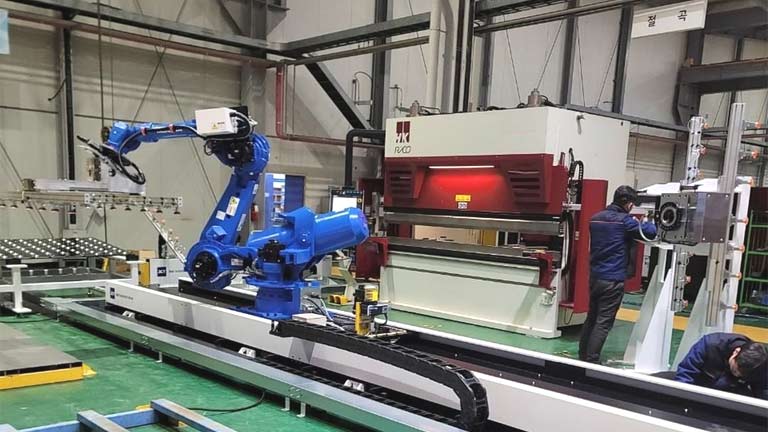
Robotic process automation is a technology that allows companies to automate certain tasks using robots. RPA is used in many industries, including healthcare and finance, and can improve efficiency while reducing costs. This article will give you a detailed look at the seven biggest benefits of robotic process automation.
Increased Efficiency
One of the biggest advantages of RPA is increased efficiency. A robot performing repetitive tasks can save time and resources by not hiring people to do those same tasks repeatedly.
For example, if you have an accounting department that takes photos of invoices for processing, with RPA, you could use a robot instead of having someone manually go through each photo every day or week. As a result, your company will be able to spend less on labor costs and make more money overall because fewer people will be needed for such simple tasks.
Reduce Costs
RPA is an automation tool that can be used to eliminate repetitive tasks that are currently performed manually by employees. It helps streamline business processes by automating the entire workflow process.
For example, if your company processes orders for its customers manually, with RPA automation, you can reduce the cost of order processing by 50% or more because it will be done automatically without any human interaction required!
Saves You Time
RPA automation allows you to automate many tasks that would require human involvement. For example, you could use RPA to take over those duties instead of hiring a new employee.
This saves time that would have otherwise been spent hiring someone new or training them on how to do their job properly. Automating tasks requiring human involvement frees up your employees’ time so they can spend more doing higher-value work for your company.
Increase Productivity
When you use RPA software to automate workflows within your company, you can increase productivity. Employees will not have to spend time on repetitive tasks anymore, like data entry or moving documents from one location to another one, but rather they will spend their time doing other more productive things, such as providing customer support or managing their inventory levels, etc.
Scale up your business quickly
RPA can help you increase output by leaps and bounds, especially regarding customer-facing applications like those used for sales or customer service.
This type of automation is especially important for SaaS businesses, which rely on customers interacting with their systems daily. It also helps you scale up your business in a way that doesn’t require hiring more people or spending more money on hardware or software.
Create new growth opportunities
RPA can open up new channels for growth because it allows you to expand into markets where traditional automation isn’t feasible – like healthcare or financial services – without waiting on regulatory bodies like HIPAA compliance or consumer protection laws. RPA enables companies to explore emerging technologies like artificial intelligence (AI) without investing heavily in infrastructure or staff training.
Improved customer service
When you can automate tasks like data entry or phone calls, you can free up your employees to spend more time with customers, which means they’ll have more time for your other services and initiatives.
You’ll also see a significant increase in customer satisfaction because they know that their questions have been answered by someone who cares about solving their problems, not someone who just wants to get through their call as quickly as possible.
RPA automation is the future of business. It’s a powerful, disruptive technology that will change the way we do things and make our lives easier in so many ways. This post has rounded up some of the biggest benefits of RPA and what you need to know about it before you start.




